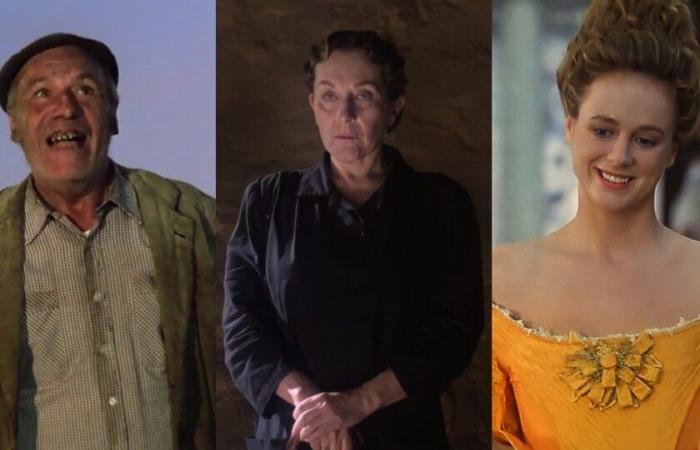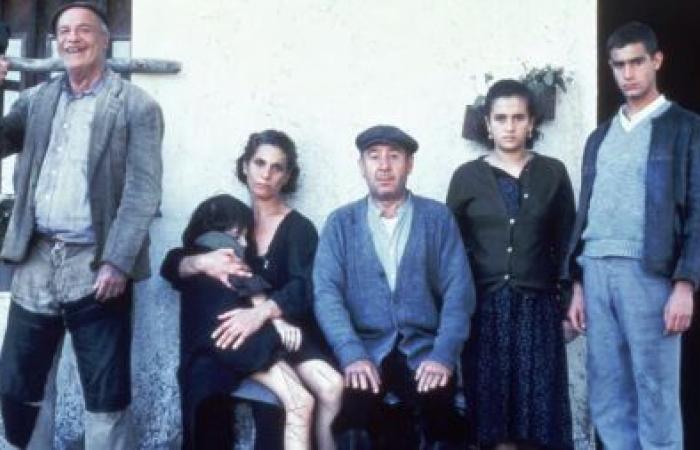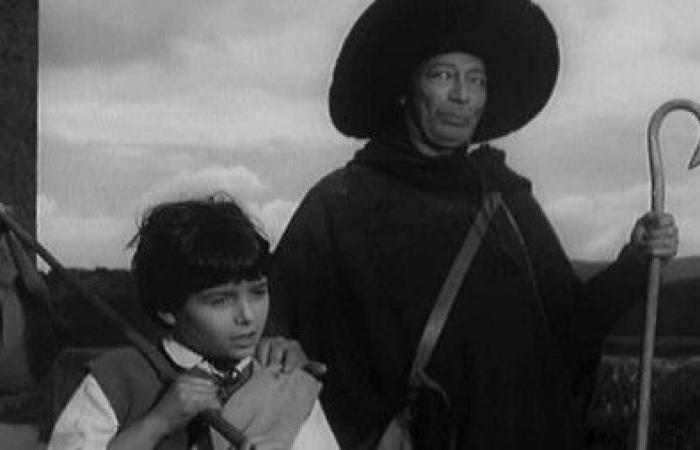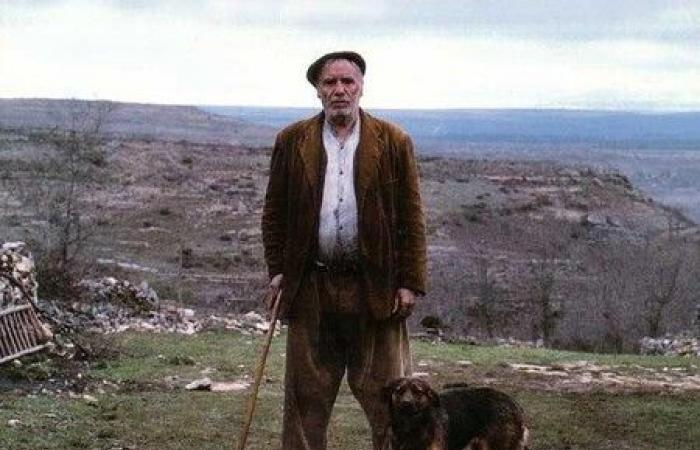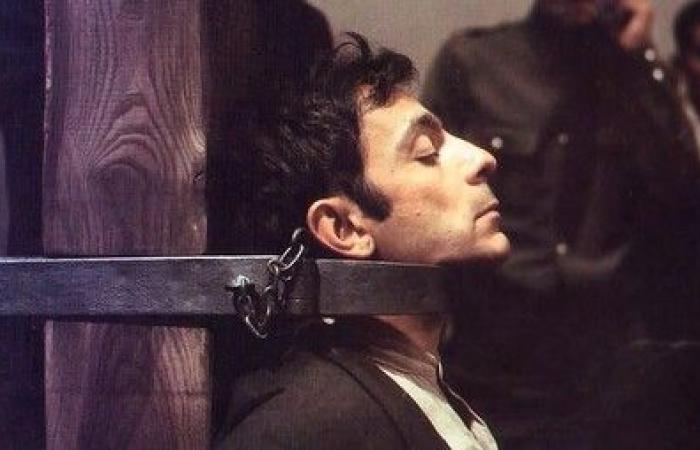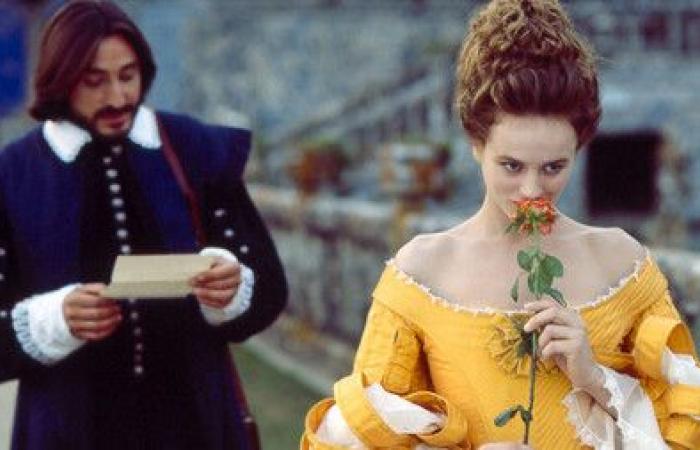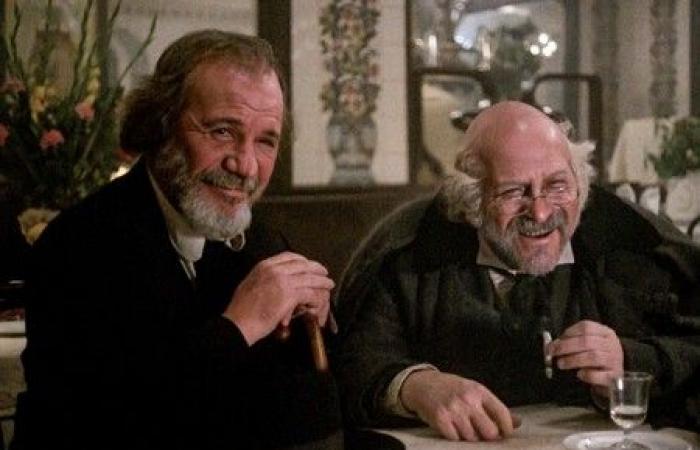Although it is better not to enter the eternal debate of whether the book or its adaptation to the screen is better, the truth is that there are films based on great literature classics that have also become great works themselves. And that even work not only as films that are worth claiming, but also as excuse for the most reluctant to approach the jewels that our literature has.
Any day is good to do it, but International Book Day It can be an adequate pretext to collect some films titles that adapt masterpieces of literature in Spain. And that are also considered very interesting films for themselves.
‘The Holy Innocents’ (1984)

Written and directed by Mario Camus From the work of Miguel Delibes | Distribution: Alfredo Landa, Francisco Rabal, Terele Pávez, Agata Lys, Juan Diego, Agustín González, Mary Carrillo.
Set in full Franco, ‘the holy innocent’ takes place in The sixties. Follow a family of peasants who live miserably in an Extremadura cortijo under the land of the landowner. His life is resignation, sacrifice and obedience. And their destiny is marked, unless any unforeseen event allows them to break their chains.
We are facing one of the best films of the decade in Spain, which knew how to move the paper to the screen forceful radiography of society that made Delibes in his work. In addition, it has interpretations as brilliant and memorable as those left by Paco Rabal and Alfredo Landa of the protagonists.
‘El Lazarillo de Tormes’ (1959)
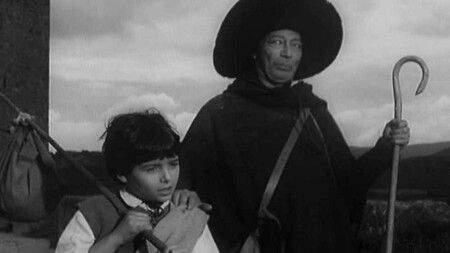

Written and directed by César Fernández Ardavín From the work whose author remains anonymous | Department: Marco Paoletti, Juanjo Menéndez, Carlos Casaravilla, Memmo Carotenuto, Antonio Molino Rojo, Margarita Lozano
One of the peak works of Spanish literature is also one of César Fernández Ardavín’s most round films -which also signs its own version of ‘La Celestina’-, which drew a very emotional adaptation capable of avoiding the censorship of the Franco regime. And that also He took the gold bear at the Berlin Festivalbecoming the first Spanish film to collect the statuette.
In it we follow a small antihero that must use all its cunning to be able to feed and survive.
‘The disputed vote of Mr. Cayo’ (1986)
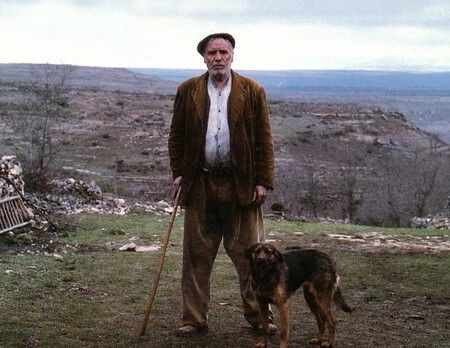

Written and directed by Antonio Giménez Rico From the work of Miguel Delibes | Distribution: Francisco Rabal, Lydia Bosch, Juan Luis Galiardo, Iñaki Miramón, Eusebio Lázaro, María Paz Molinero
The Spanish transition left us very aware films of the evolution of society and politics of those years And one of the ones that best reflected the concerns of the citizenship was ‘The disputed vote of Mr. Cayo’.
It tells Rafael (Iñaki Miramón), a young socialist deputy, communicates the death of his friend Víctor Velasco (Juan Luis Galiardo). In the cemetery it coincides with Laly (Lydia Bosch), an old companion. Both recall the personality of the missing friend and the story they shared with him During the 1977 election campaign.
They remember how in one of the villages of the Sierra Burgosa they met Mr. Cayo (Francisco Rabal), an old attached to the earth, who went to Victor as a kind of revulsive: it was the first time he listened to the voice of popular wisdom.
‘Bernarda Alba’s house’ (1987)
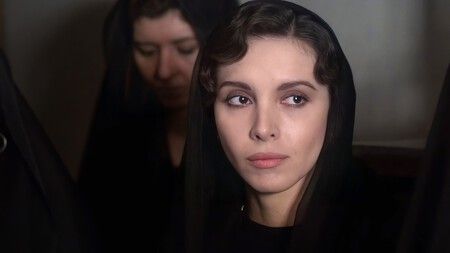

Written and directed by Mario Camus From the work of Federico García Lorca | Distribution: Irene Gutiérrez Caba, Ana Belén, Florinda Chico, Enrichta Carballeira, Vicky Peña, Aurora Pastor, Mercedes Lezcano, Álvaro Quiroga
-One of the experts when adapting the top works of our literature was Mario Camus, who also left us his own version of Lorca’s work. And that it is also a whole essential of our cinema.
After the death of her husband, Bernarda (Irene Gutiérrez Caba) submits her five daughters to an inquisitorial discipline that is equivalent, in practice, to a burial in life. The appearance of a man, Pepe the Roman (Álvaro Quiroga), who seems to intend to marry anguish (Enriqueta Carballeira), the eldest daughter, triggers a series of events that flow into an unexpected end.
‘Pascual Duarte’ (1976)
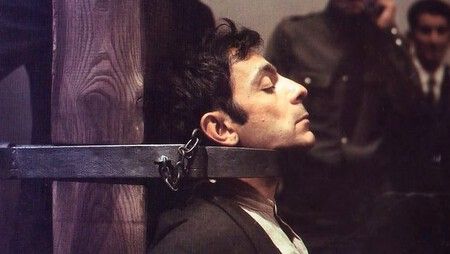

Written and directed by Ricardo Franco From the work of Camilo José Cela | Distribution: José Luis Gómez, Paca Ojea, Héctor Alterio, Eduardo Calvo, Diana Perez de Guzmán
Pascual Duarte (José L. Gómez) is a Spanish peasant and hunter, poor and sullen, possessed by the bad luck that is manifested through his long silences and his eyes that are lost in a vacuum.
Like millions of Spaniards at that time, he lives surrounded by a structural violence that gradually takes over it. You will have to resort to it to solve the problems that are posed in life.
In a context in which democracy had just arrived in Spain, this suffocating film shows how violence can spare a society and corrupts to the most extreme limits.
‘El Dog del Hortelano’ (1996)
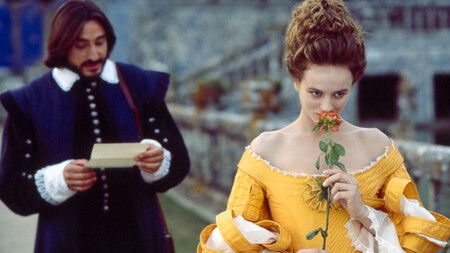

Written and directed by Pilar looked From the work of Félix Lope de Vega | Distribution: Emma Suárez, Carmelo Gómez, Fernando Conde, Ana Duato, Miguel Rellán, Juan Gea, Maite Blasco, Rafael Alonso, Blanca Portillo
This period drama – which by the way retains its language in verse – tells the story of Diana (Emma Suárez), a young insightful, impulsive and intelligent. It is the Countess of Belflor, who is in love with her secretary, Teodoro (Carmelo Gómez), although he is already committed to Marcela (Ana Duato). Moved by jealousy and envy, it does everything possible to separate them.
With this Lope de Vega libretto adaptation, Pilar looked swept the Goya awards with up to seven statuettes And justice was done after the controversy and the stir that caused ‘the crime of Cuenca’.
‘Lights of Bohemia’ (1985)
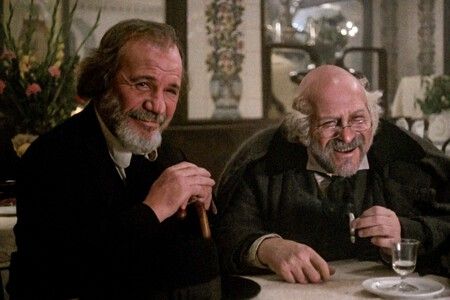

Written and directed by Miguel Ángel Díez From the work of Ramón del Valle-Inclán | Distribution: Francisco Rabal, Agustín González, Vicky Lagos, Mario Pardo, Ángel de Andrés López, Berta Riaza, Miguel Fill, Guillermo Montesinos, Azucena de la Fuente, Imanol Arias
Through a stellar cast that had Paco Rabal, Agustín González and Fernán-Gómez, among others, this adaptation brought to the screen the sperpent with which Valle-Inclán reflected the decadent Madrid of the early twentieth century.
It is located in the empty house of the family of Ramón (Mario Pardo), a poet who remembers the last day in the life of his teacher Max Estrella (Francisco Rabal). He tells how it was the last time he left his friend Don Latino de Hispalis (Agustín González), his conversation with a minister and his dinner with Rubén Darío.
In Espinof | Alex Garland is a great filmmaker until choosing songs. How to open and close ‘Warfare: war Time’ Mark the most distressing war movie in recent years
In Espinof | “It’s the best scene in my career.” John Wayne loves this western that allowed him to make “my first decent role in 20 years”

